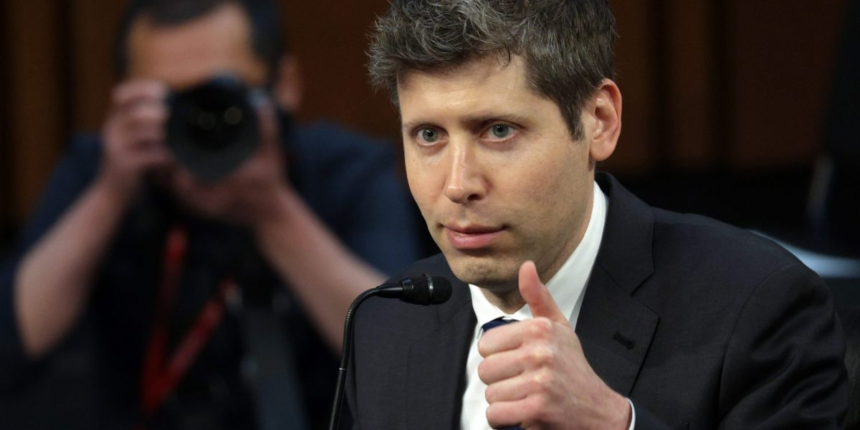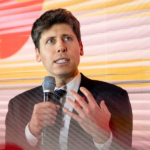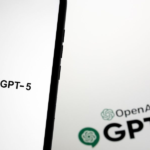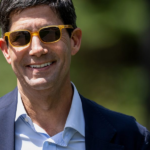The company said the model delivers “more accurate answers than any previous reasoning model,” and is “much smarter across the board,” reflected by strong performance on academic and human-evaluated benchmarks. Its research blog noted new state-of-the-art performance across math, coding, and health questions, and found that GPT-5 outperformed other OpenAI models across tasks spanning over 40 occupations including law, logistics, sales, and engineering. In addition, it is being billed as “one unified system” that provides “the best answer, every time,” with no need to choose from what was becoming a laundry list of different OpenAI models.
“GPT-5 really feels like talking to a PhD-level expert in any topic,” OpenAI CEO Sam Altman told journalists in a pre-briefing on Wednesday. “Something like GPT-5 would be pretty much unimaginable in any other time in history.”
Altman described GPT-5 as a “significant step” along the path to artificial general intelligence (AGI), which according to OpenAI’s mission statement is defined as “highly autonomous systems that outperform humans at most economically valuable work.”
Whether GPT-5 propels OpenAI back to the top of the AI hill will become clear in the days and weeks ahead, as researchers put the model through its paces, testing it against the likes of other elite models, including Anthropic’s latest version of Claude and Google’s Gemini.
One of the defining truths about the world of generative AI is that even when you’re on top, the lead doesn’t last for long. Now that GPT-5 is out, OpenAI CEO Sam Altman acknowledged that staying at the frontier means one thing: relentless scaling.
When asked whether scaling laws still hold, Altman said they “absolutely” do. He pointed to better models, smarter architectures, higher-quality data, and significantly more computing power as the path to “order-of-magnitude” improvements still ahead.
But that kind of progress comes at a cost. “It’s going to take an eyewatering amount of compute,” he admitted. “But we intend to continue doing it.”
OpenAI is also navigating an effort to turn its commercial arm into a public benefit corporation (PBC) while ensuring its original nonprofit maintains control. There has been significant legal and public backlash to its efforts, including a lawsuit from cofounder Elon Musk and scrutiny from state attorneys general in California and Delaware. In addition, OpenAI faces broader regulatory attention as it rethinks its governance structure—raising questions about charitable asset protection, public benefit accountability, and compliance with state nonprofit laws.









